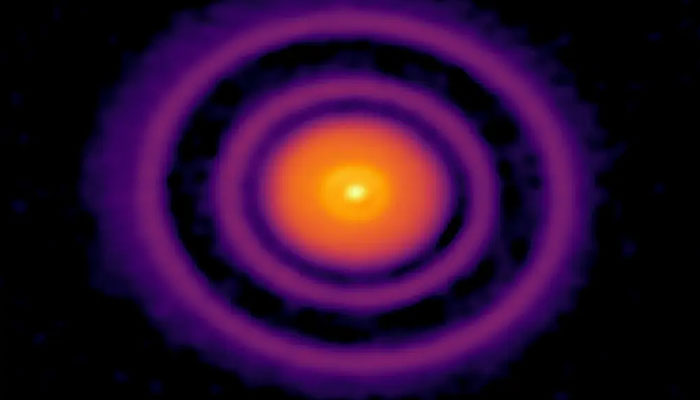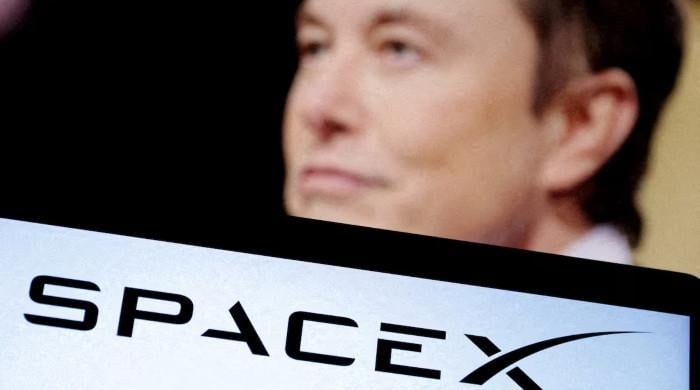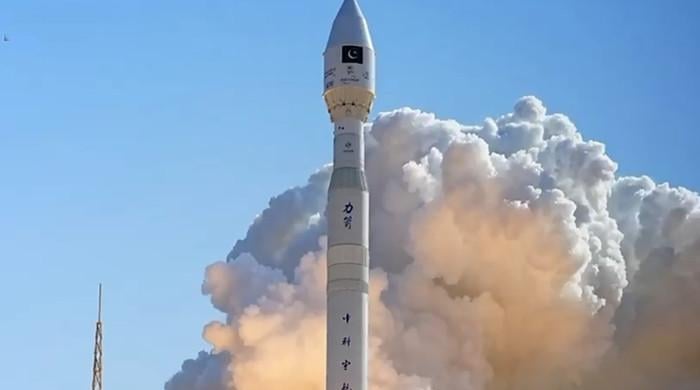Scientists claim to have discovered youngest planet
Scientists have found what could be the youngest planet ever observed
August 11, 2022

Scientists have found what could be the youngest planet ever observed.
The planet is barely 395 light-years from the Earth and its creation started only 1.5 million years ago, according to a study published in The Astrophysical Journal Letters.
If compared, the Earth is 3,000 times older than this infant planet and its parent star, says the study.
The study says that the planet, in the constellation Ophiuchus, is so young that gas and dust are still coming together. This newborn planet is cradled in the arms of its parent star.
“It is like looking at our own past,” said Myriam Benisty, an astronomer at the Institute of Planetology and Astrophysics of Grenoble in France and a co-author of the study.
The planet is likely the youngest exoplanet ever found among some 5,000 discovered so far outside the home solar system.
The world's most powerful telescope James Webb space telescope is already producing some breathtaking images. The scientists are set to deploy it to get clearer data about the baby planet.
“We infer that the planet’s mass is around a Jupiter mass. How did a giant planet form at an orbital radius of 200 au? One possibility is that the AS 209 disk was gravitationally unstable in the past and the planet formed via gravitational instability," said the scientists.
“Observing planets at this young age allows us to place strong constraints on the mechanism and timescale of planet formation, crucial to gaining new insights into the formation and evolution of giant planets,” the paper says.
The baby planet's distance from its parent star is 200 au which is about 19 billion miles.
The questions involving the origin of this universe have always intrigued modern science. And, the baby planet offers this opportunity to address some vital questions about the origin of planets and solar systems.











